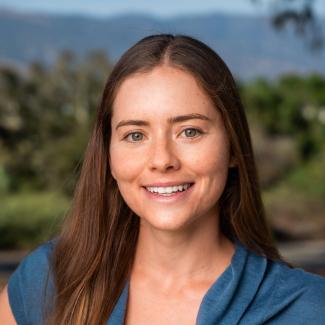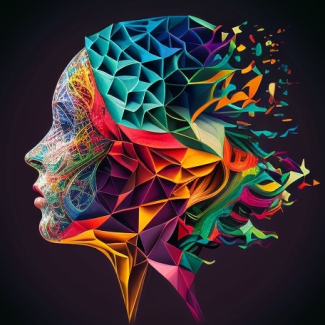We reveal the geometric signatures of natural and artificial intelligence.
Understanding the brain is one of greatest scientific challenges of our time. We still don't know how thoughts emerge from neural activity, how our memories are stored and retrieved, or how our brain so flexibly adapts to new situations.
Meanwhile, today, an equally profound challenge has arisen: understanding the artificial intelligence (AI) emerging in machines of our own making.
In our lab, we believe that these challenges are linked.
Geometric Intelligence Research
We are physicists, neuroscientists, mathematicians and computer scientists who study intelligence in biological and artificial neural networks and use our findings to build better AI models.
Just as physics unified forces through symmetry and geometry, we show mathematically and empirically that human and machine intelligence can be studied under a common framework: geometric intelligence.
Geometric Intelligence in Machines
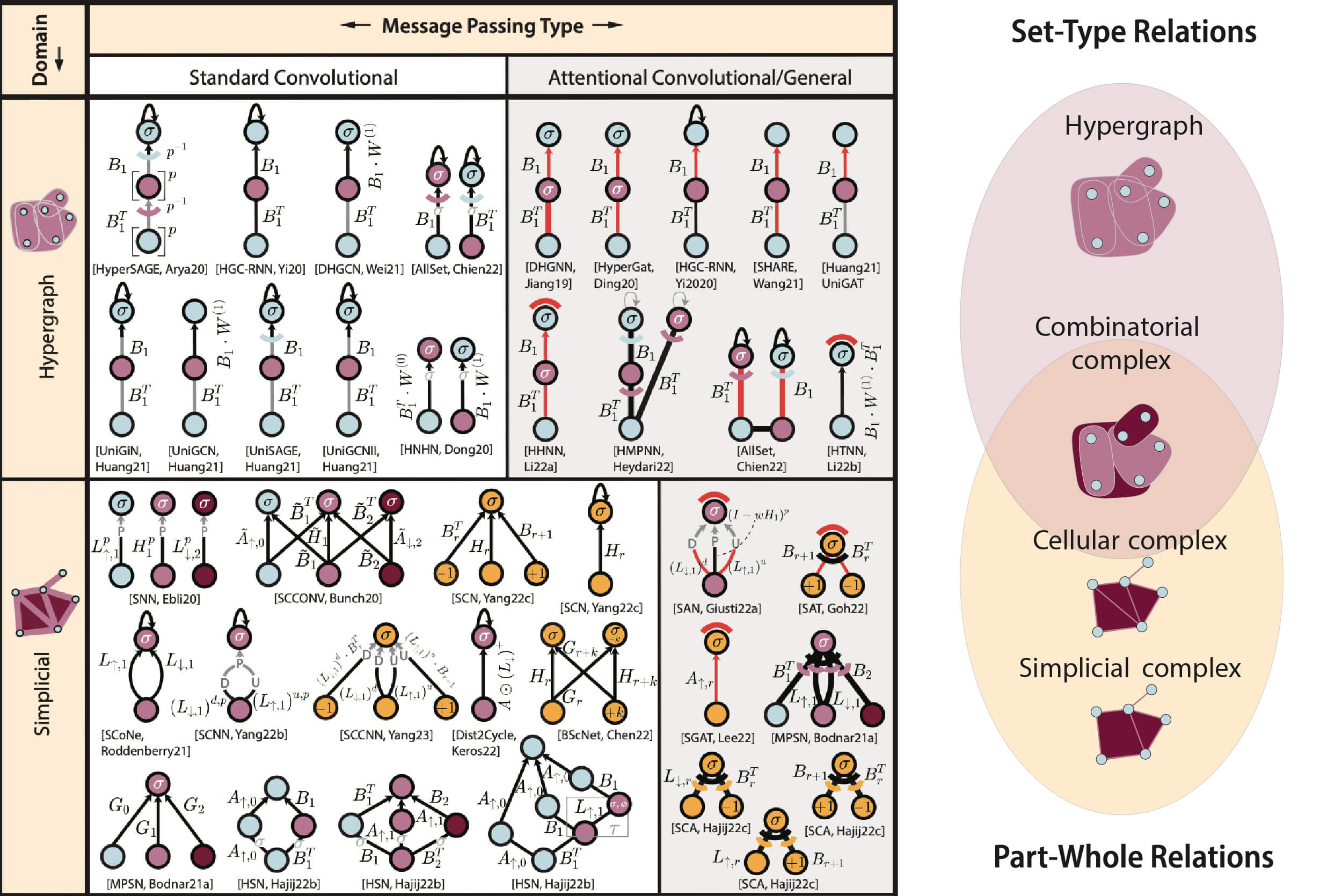
We study the mathematical properties of top-performing AI models. Using these properties, we design novel AI that succeeds where most models fail—delivering up to +66% higher accuracy or the same accuracy with 10× faster models—even when datasets are small, noisy, or complex (e.g., networks, and 3D shapes). Learn more.
Geometric Intelligence in Brains
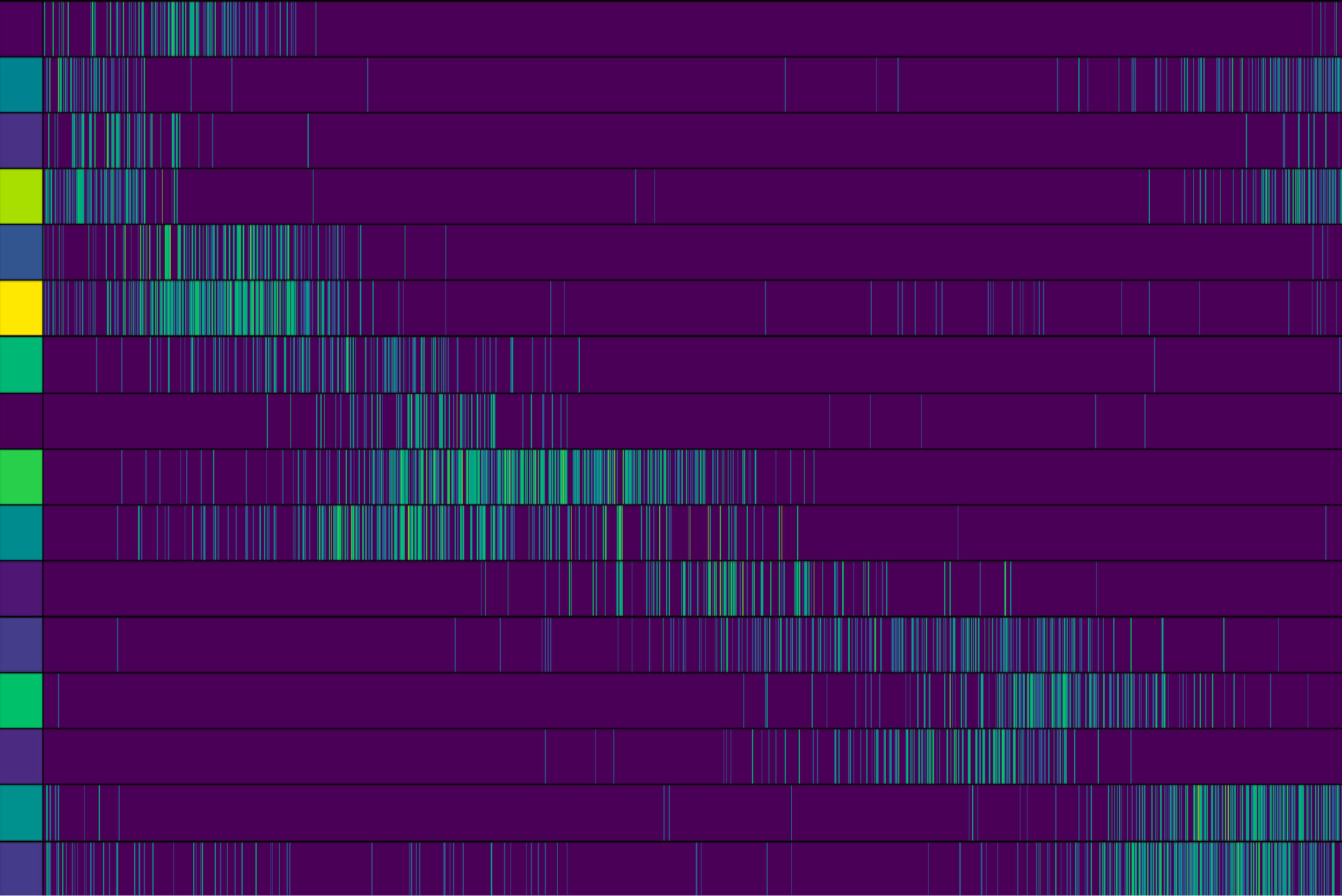
We study how geometric patterns of neural activity obey mathematical principles across diverse cognitive functions—from navigation and memory to vision. Learn more.
Building Brain Digital Twins
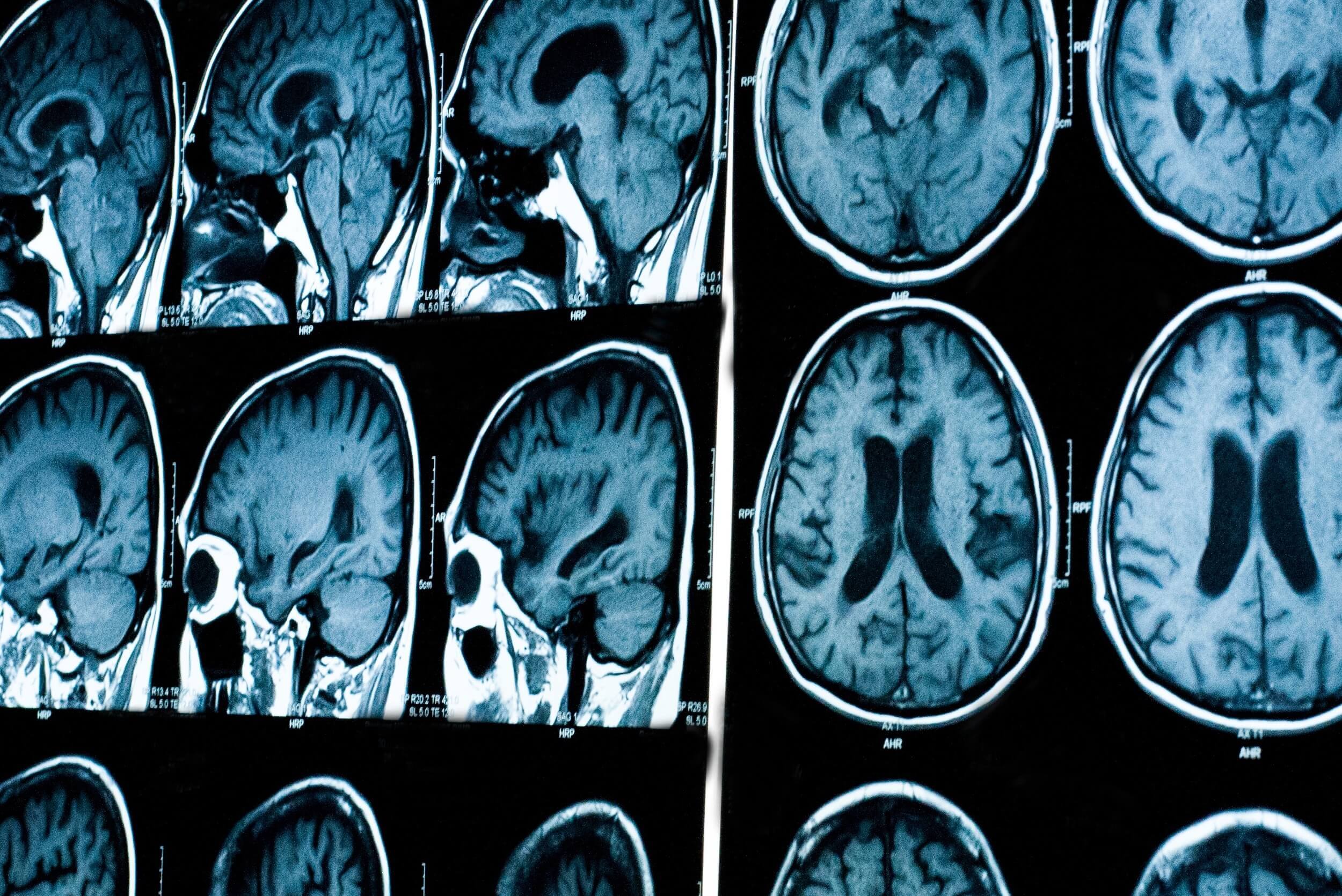
We leverage shared mathematical principles of intelligence in brains and machines to build multiscale digital twins of the brain, simulating its function in both health and disease. Learn more.
Latest News
Adele Myers Receives the Prestigious NSF Graduate Research Fellowship (GRFP)
Adele Myers, Ph.D. in the Geometric Intelligence Lab, has been awarded the prestigious NSF GRFP fellowship. She will receive 3 years of funding to develop novel cutting-edge methodology to analyze biological shapes.
This award recognizes her as an outstanding graduate student & high-achieving early career scientist!
Read MoreAdele Myers Receives the Prestigious NSF Graduate Research Fellowship (GRFP)Adele Myers Gives an Eye-Opening Public Lecture in Santa Barbara!
50% of the world's population experiences menstrual cycles, pregnancy, and menopause. 85% of females aged 18-64 have used contraceptives. Yet, only a small fraction of research has been dedicated to understanding how these processes impact the female brain. This lack of attention to female health is surprising, especially considering the increased risk of neurological conditions such as Alzheimer's, migraines, and multiple sclerosis in women.
Read MoreAdele Myers Gives an Eye-Opening Public Lecture in Santa Barbara!Sophia Sanborn Receives the Prestigious PIMS-Simons Fellowship!
Sophia Sanborn, postdoctoral fellow in the Geometric Intelligence Lab, has been awarded the prestigious PIMS-Simons fellowship from the Pacific Institute for Mathematical Sciences and the Simons Foundation.
This fellowship recognizes her as an "outstanding young researcher in the mathematical sciences”!
Read MoreSophia Sanborn Receives the Prestigious PIMS-Simons Fellowship!
